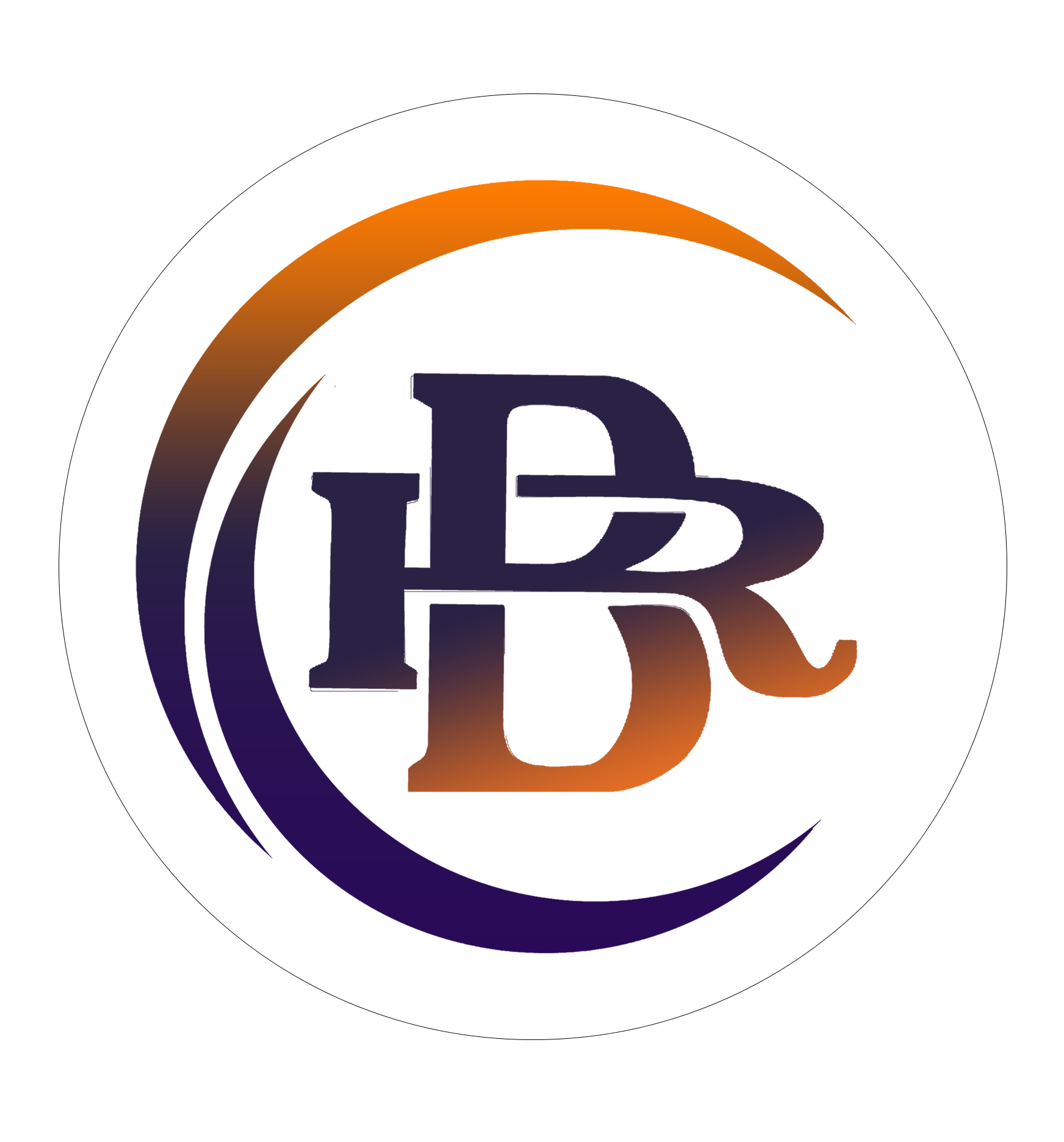Introduction
Technology is evolving and changing rapidly, and in the wake of this change comes the adoption of AI into most industries, including recruitment. The way we recruit talent is changing at a faster pace than ever, with a little help from AI. Traditional methods of recruitment are often accused of being time-consuming, inefficient, and at times biased; these shall be changed for good with the smarter and more efficient processes driven by AI. In this blog, we’ll look at how AI is transforming talent recruitment to make it faster, more accurate, and fairer.
Automating the Initial Screening Process
Efficient Resume Screening
Of all time-consuming activities involved in recruitment, the most important is initial resume screening. Basically, recruiters spend hours combing through hundreds or even thousands of applications just to shortlist potential candidates. Now, AI is making a change by automating the resume screening process.
- Keyword Match: AI algorithms can scan through resumes to pick up specific keywords and qualifications that match the job description. This makes it easier to weed out those people who don’t even meet basic criteria.
- Machine Learning: AI can learn from past hiring decisions and will apply these in the selection processes. They become better at picking out traits that will make a candidate successful in a particular role over time.
- Speed and Scale: AI can process large volumes of resumes in a fraction of the time that a human recruiter would take, hence allowing organizations to run high volumes of applications more effectively.
Killing Human Bias
One major challenge in recruitment pertains to unconscious bias that may creep into hiring decisions. AI is reducing this bias by making objective and data-driven decisions.
Blind Screening: AI can anonymize the resumes using information that identifies a candidate, such as name, gender, and age, so that these candidate resumes are considered only on their qualification and experience. AI can detect bias within job descriptions and recruitment practices, reduce them, and hence attract more diverse people to the organization. This makes sure that there are no biased sentences against any applicant to ensure diversity and inclusion in the hiring process. Candidate sourcing and matching—find the right fit:
AI is also changing the way recruiters source and match candidates for job openings. Advanced algorithms learn candidates’ skills, experience, and even personality traits to find a fit—how well that candidate will be—for a particular role.
- Predictive Analytics: AI makes use of predictive analytics to grade the success rate of a candidate in a role based on past data. It enables recruiters to identify candidates who are not only qualified for the job but have the right potential to grow in the position.
- Smart Matching: AI would be able to set the best fit for the candidate within the open position better because it takes into account factors beyond the job description, such as company culture and team dynamics.
- Widen Talent Pools:AI is thus helping recruiters increase their talent pools by spotting persons who are not actively looking to get employed but might just turn out to be the right person for that position.
- Passive candidate identification: Artificial intelligence can scan online profiles, social media, and other digital footprints to look for passive candidates with the right mix of skills and experience required in a certain position.
- Diverse Sourcing: AI can actively seek out candidates from underserved groups to make a better, more diverse talent pool.
Streamlining the Interview Process
AI-Powered Interviews
AI is changing the interview process in terms of effectiveness and acumen. AI-enabled tools can easily conduct the initial interviews and analyze candidate responses to provide data-driven insights to recruiters.
- Video Interviews: AI videotape interviews may be used to assess a candidate’s communication, confidence, and even emotional intelligence. This gives a much more elaborate insight into the candidate that the resume might miss.
- Sentiment Analysis: AI gauges the tone and sentiment of responses from a candidate to judge his enthusiasm and role fit.
- Automated Feedback: AI tools could provide instant feedback to candidates right after their interviews, improving their experience while helping them in the future.
Better Decision-Making
AI helps recruiters make data-driven decisions in every recruitment process.
- Detailed Analytics: AI can trace, record, and analyze all recruitment metrics like time-to-hire, cost-per-hire, and satisfaction of candidates.
- Continuous Learning: AI systems learn from recruitment outcomes and, with continuous refinement, develop algorithms that enable the delivery of increasingly accurate and effective recommendations.
Candidate Experience Enhancement
Personalized Interactions
AI optimizes candidate experiences through personification of interactions at each step of the recruitment process.
- AI Chatbots: The AI-powered chatbots are able to interact in real-time with the candidate by answering questions, updating them regarding the status of their application, and guiding the candidates in the process to ensure they are valued and updated.
- Personalized communication: AI can personalize communication with respect to the behavior and preference of a candidate to make the experience more engaging.
Transparent and Efficient Processes
A candidate wants a recruitment process that is clear and smooth. AI-driven processes ensure that candidates are kept updated and the flow of the hiring process is seamless.
- Real-Time Updates: AI systems can automatically update candidates about their application status, interview schedules, and next steps, thereby reducing anxiety and uncertainty.
- Efficient Scheduling: AI can take care of the logistics associated with interview scheduling, ensuring interviews are scheduled promptly and at times that are most convenient for all parties.
Future Trends in AI and Recruitment
Continuous Evolution
The role of AI in recruitment is continually changing, and new technologies and applications keep arising that promise to further revolutionize how we recruit talent.
- AI and Augmented Reality: The future of candidate assessment tools is creating highly immersive tools and training simulations by using AI coupled with augmented reality.
- AI-Powered Onboarding: The role of AI could soon be extended to onboarding the employees, personalizing their experience, and hurrying the process of induction into the company culture.
- Ethical AI: As AI becomes more integral to recruitment, much greater focus will be placed upon ensuring that AI systems are ethical and transparent, in that they don’t have any bias.
Conclusion
AI is redesigning the way we recruit talent by automating routine tasks and bringing in less bias into decision-making, hence providing excellent candidate experiences. With the evolution of AI, its impact on recruitment can only increase, opening up a faster, fairer, and more efficient recruiting process. For organizations who wish to be competitive in the talent market, embracing AI in recruitment will no longer be an option; instead, it will become a requirement.






